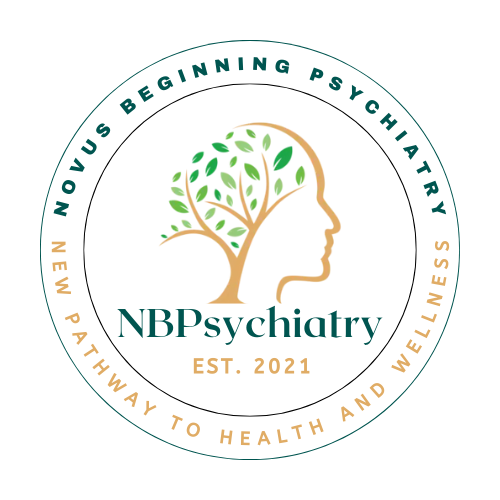Warning signs of teen suicide:
Unhealthy preoccupation with death and dying
Expressing feelings of hopelessness
Withdrawal from family and friends
Engaging in self-harm behaviors
Loss of interest in usual activities
Not responding positively to praise and appreciation
Neglecting one’s appearance
Acting out and running away behavior
Taking unnecessary risk
Changes in eating and sleeping patterns
Complaining of physical issues, like stomachaches
Experiencing a sudden drop in grades
Neglecting physical hygiene
If you notice any of these signs in a teenager, it’s important to seek the advice of a healthcare professional for a diagnosis and appropriate treatment.
Risk factors of teen suicide:
The teenage years can be a challenging and stressful period, marked by significant changes to the body, thoughts, and emotions. During this time, teens may experience intense feelings of stress, confusion, fear, and doubt that can affect their problem-solving abilities and decision-making skills. As a result, they may find it difficult or even embarrassing to overcome certain problems. In some cases, suicide may even seem like a viable solution.
Several factors increase the risk of suicidal thoughts or behaviors, including:
- Psychological health issues such as depression, anxiety, and other mood disorders
- Family history of suicide
- Impulsive, aggressive, or disruptive behaviors
- Troubles in school, such as bullying
- History of trauma or abuse
- Family violence, for instance, physical, sexual, verbal or emotional abuse
- Previous suicide attempt(s)
- Exposure to violence
- Acute loss or rejection
- Changes in their families, such as divorce or relocation to a new town
- Alcohol and substance use
- Easy access to a gun
How can I help prevent my teen from attempting suicide?
Keeping open communication with your teen.
Know the warning signs.
Support your teen by listening to them without offering undue criticism.
Help your struggling child maintain connections with their friends and loved ones.
Express your love for your child or teen to build a strong bond.
Keep medicines and guns away from your teens to prevent unfortunate incidents.
Get your teen help for any mental or substance use problems from a professional psychiatrist.
Become informed about teen suicide. Search resources like public libraries and the Internet.
Depression and teen suicide:
Suicide is the second-leading cause of death among youth aged 10 to 19 years, and most children and adolescents who attempt suicide have an underlying mental health disorder, most commonly depression. While depression and suicide are closely linked, it’s important to recognize that not all young people with depression experience suicidal thoughts, and not all who attempt suicide meet criteria for depression. Both depression and suicidal ideation are treatable, and early identification and intervention can be life-saving. As a parent, teacher, or anyone who interacts with children and teens, being able to recognize the warning signs is crucial. These may include sudden withdrawal from activities, changes in sleep patterns, expressions of hopelessness or self-hate, increased irritability or anger, and direct or indirect suicidal communications. Evidence-based treatments, including psychotherapy and, when appropriate, medication, can significantly reduce risk and improve outcomes. Creating a supportive environment, maintaining open lines of communication, and seeking timely professional help are key steps in preventing teen suicide and supporting youth mental health.



